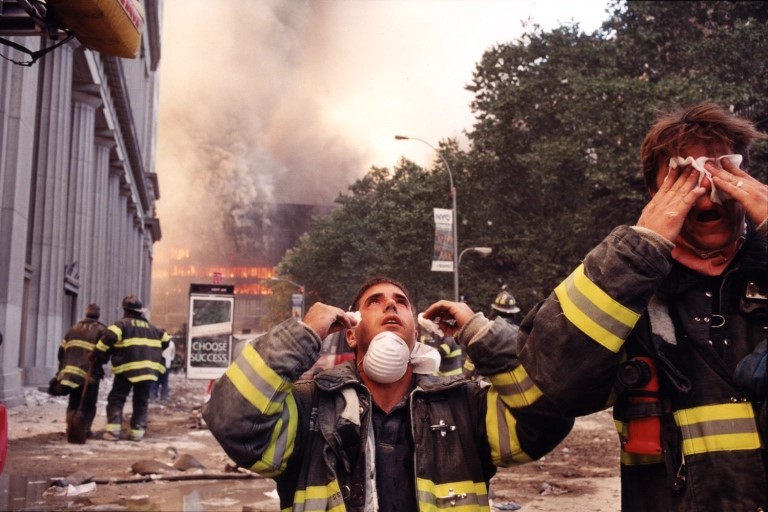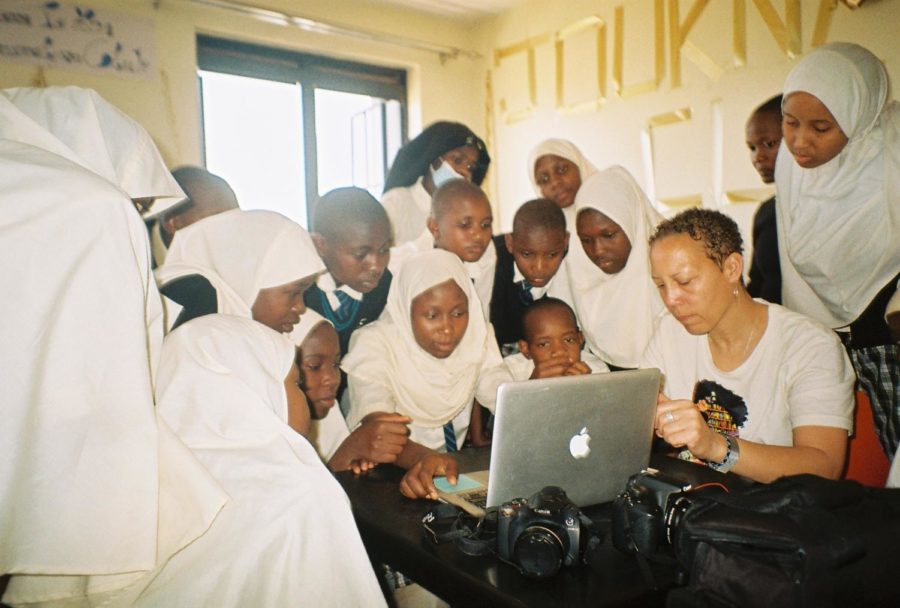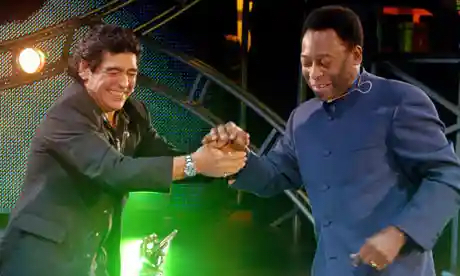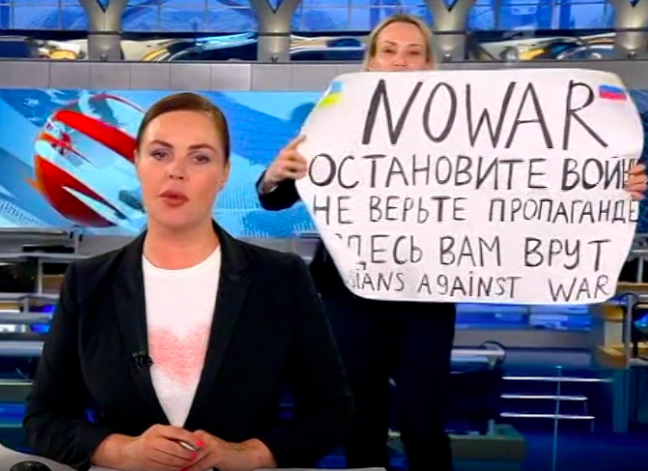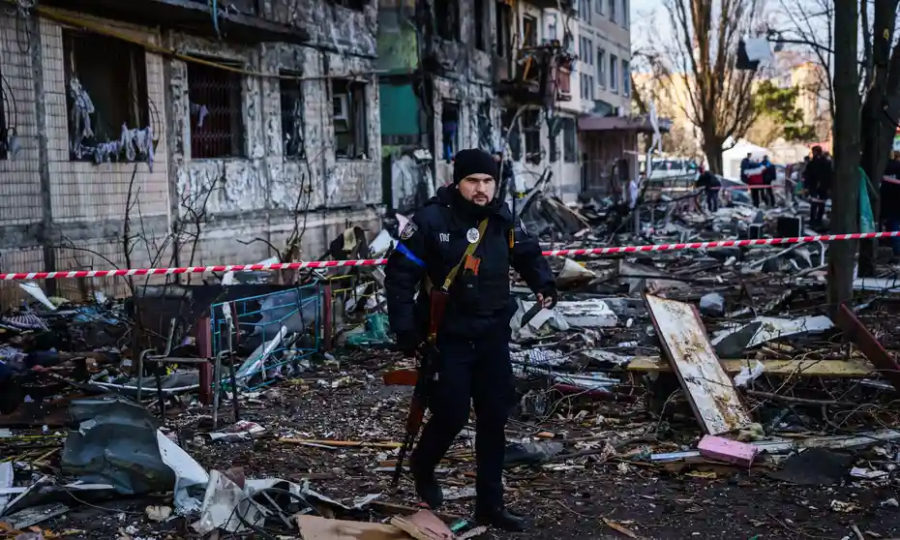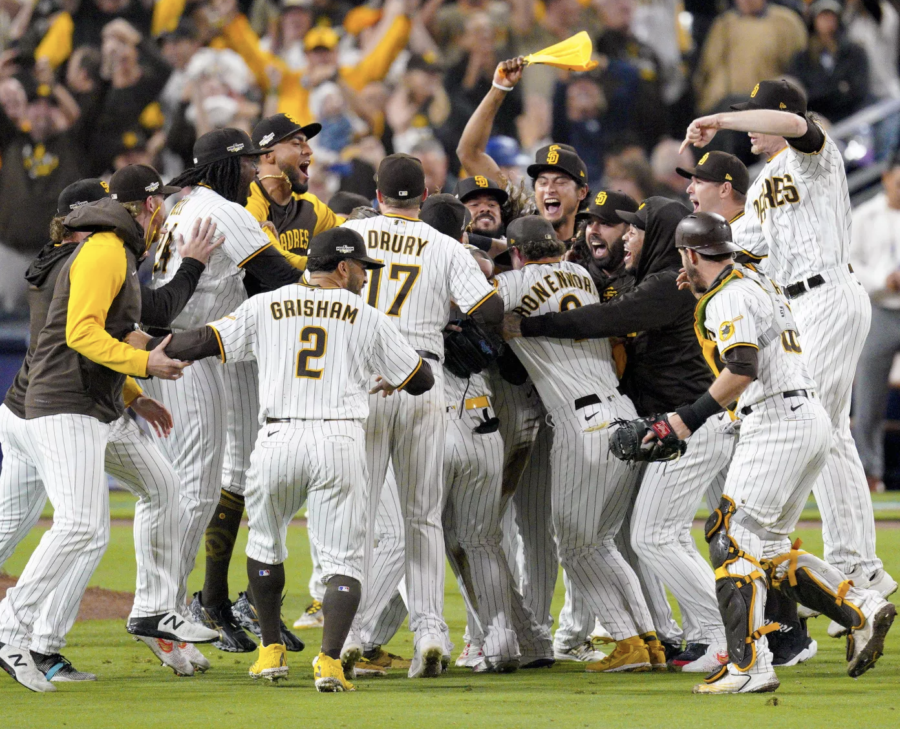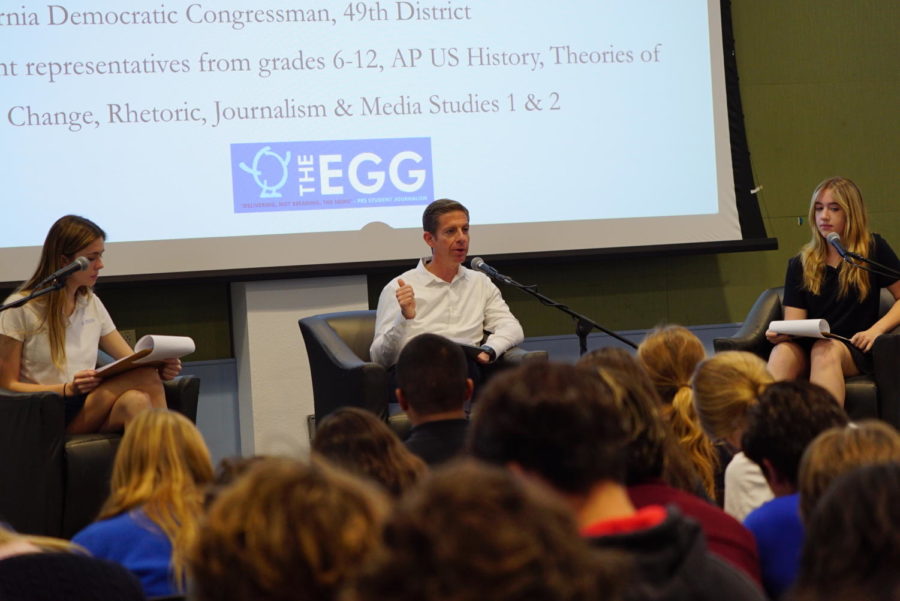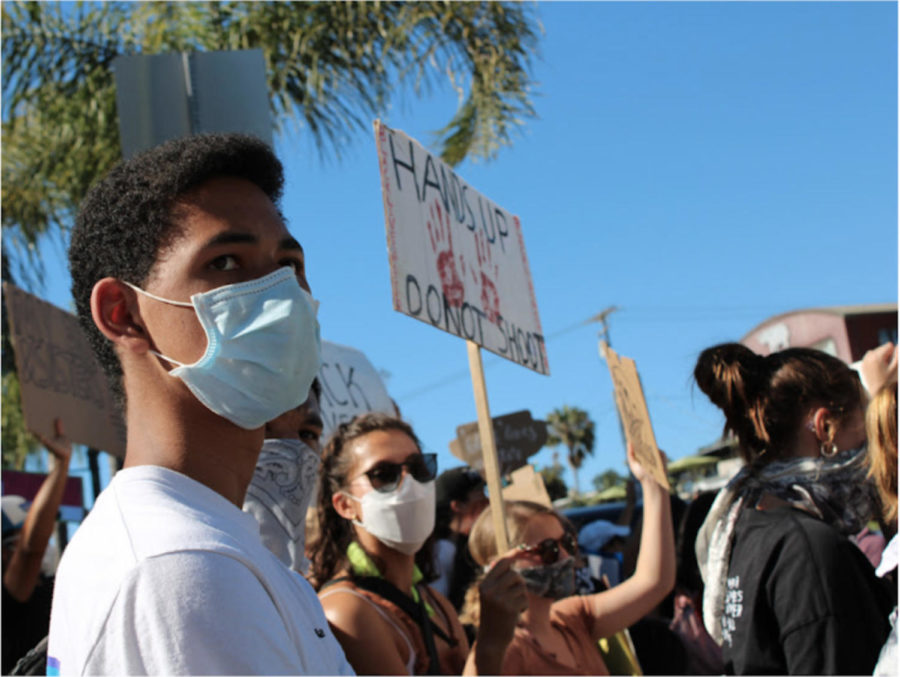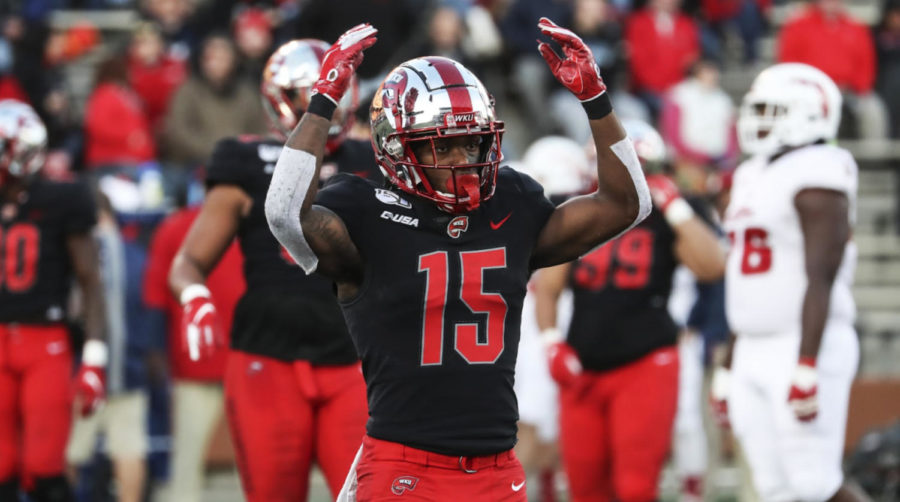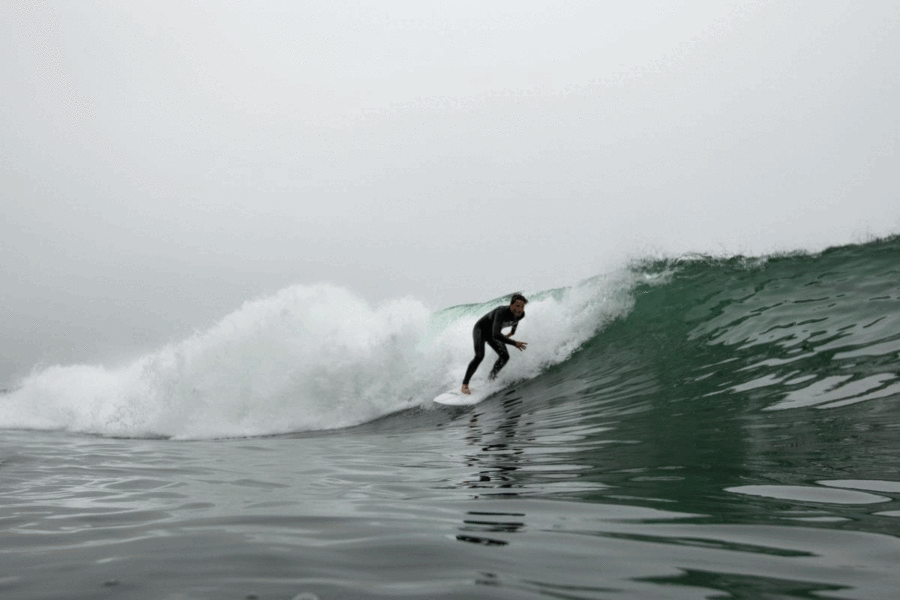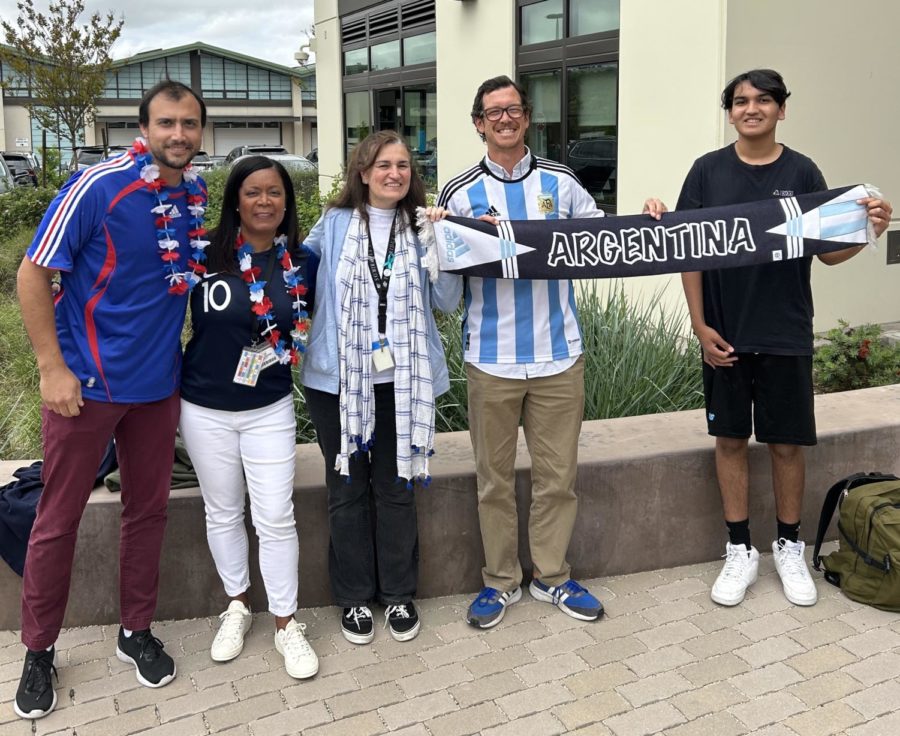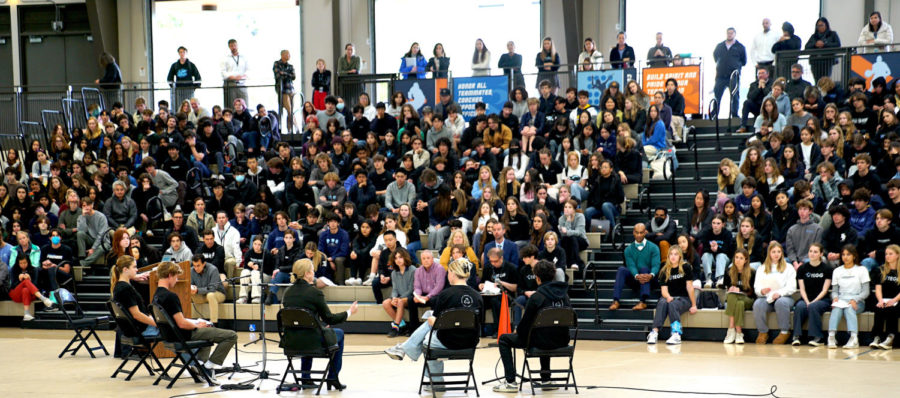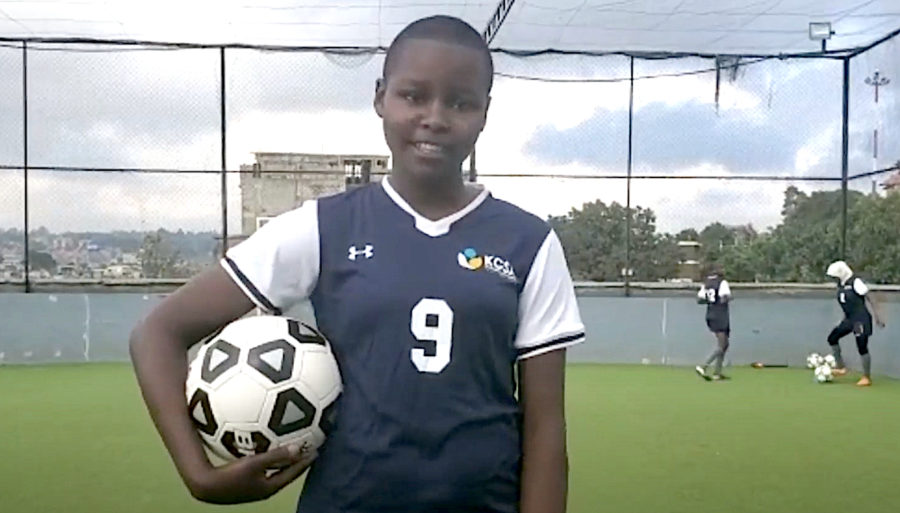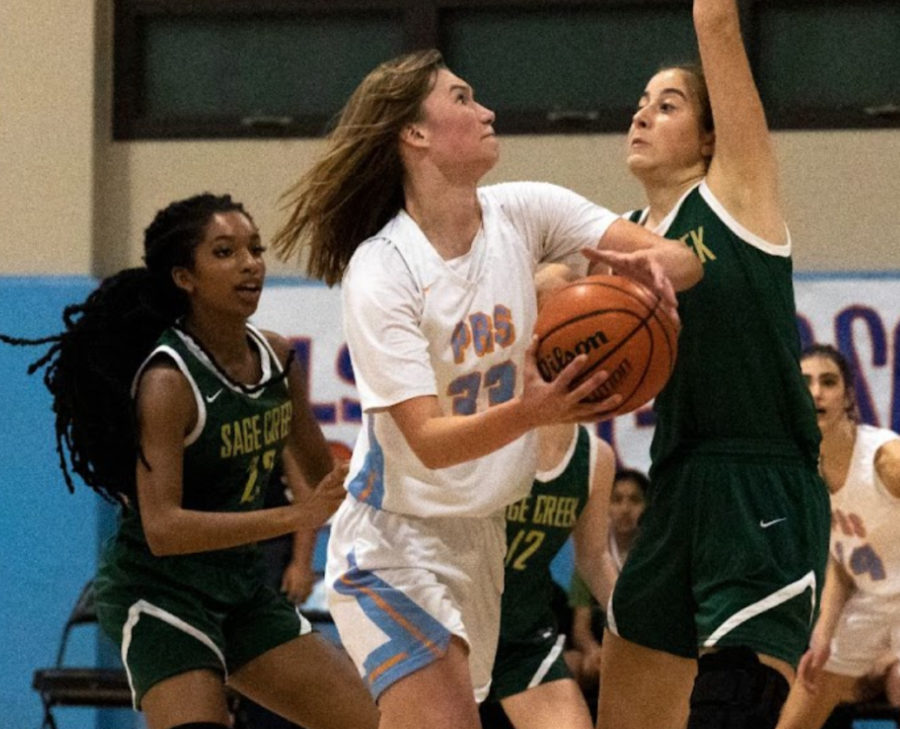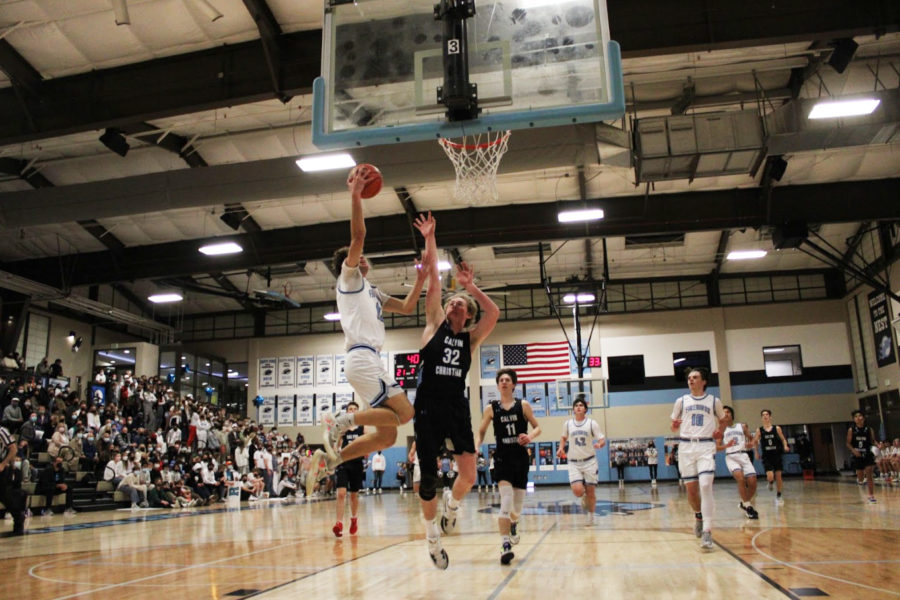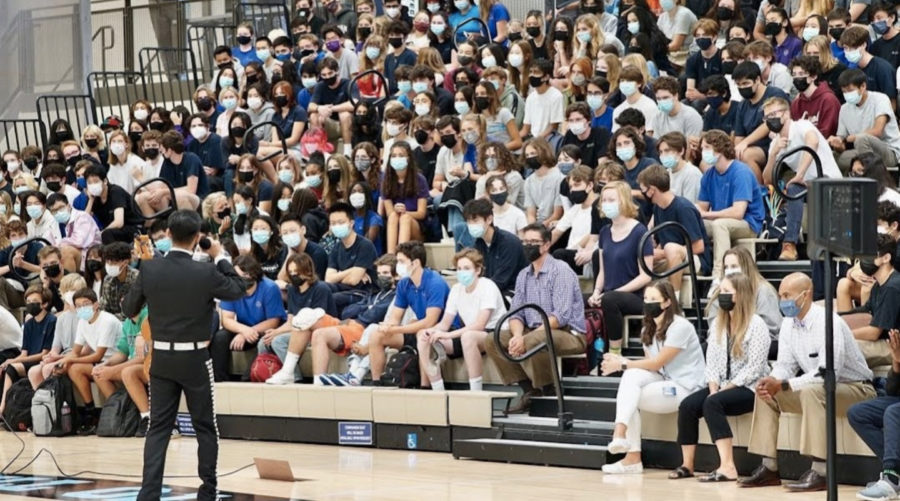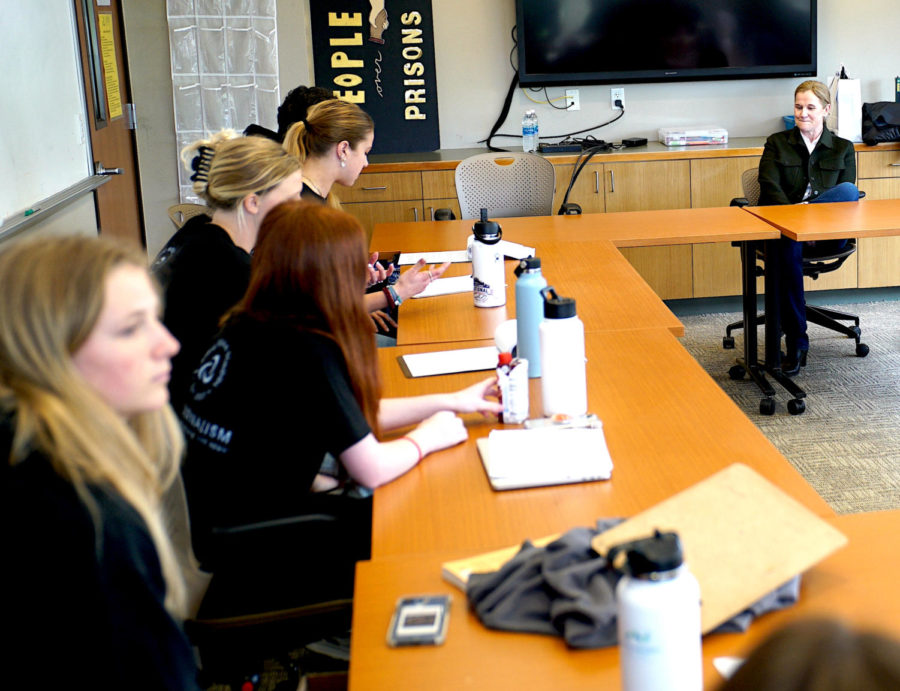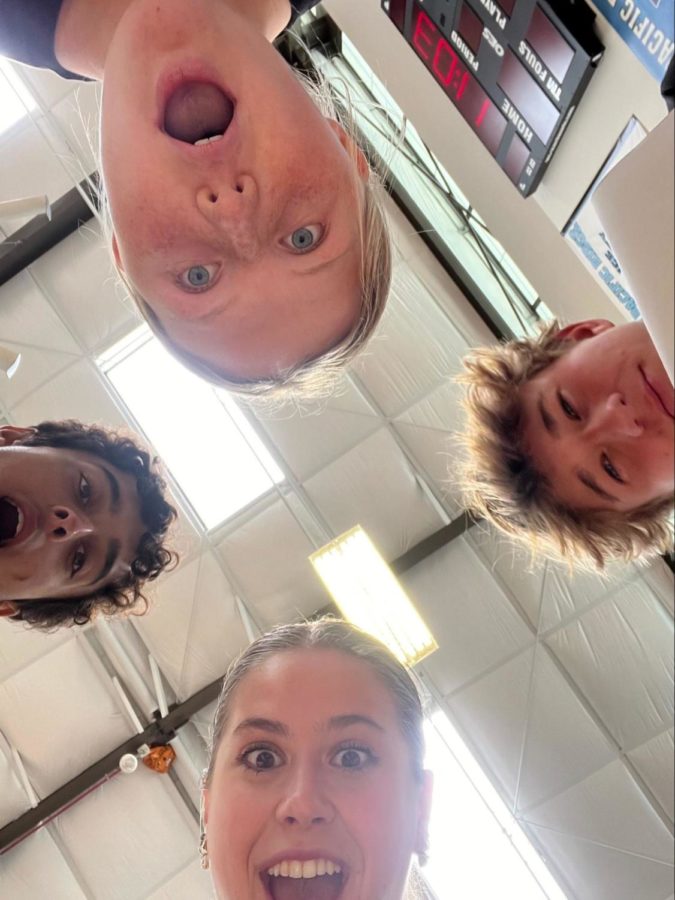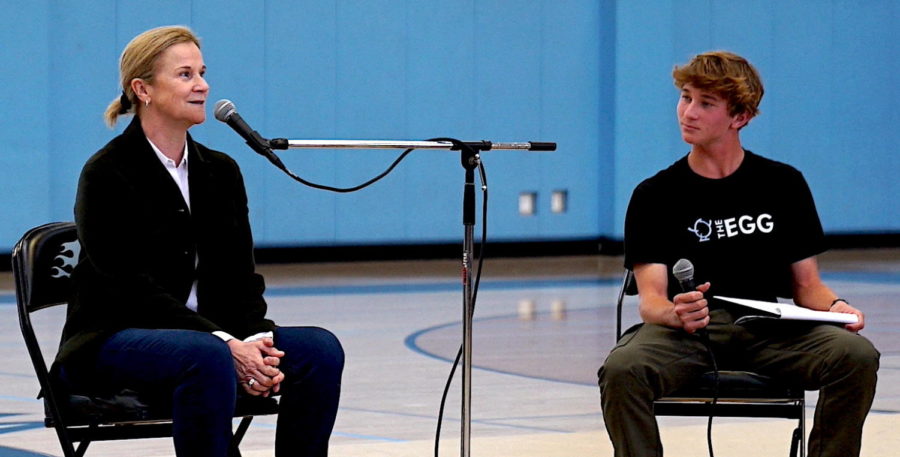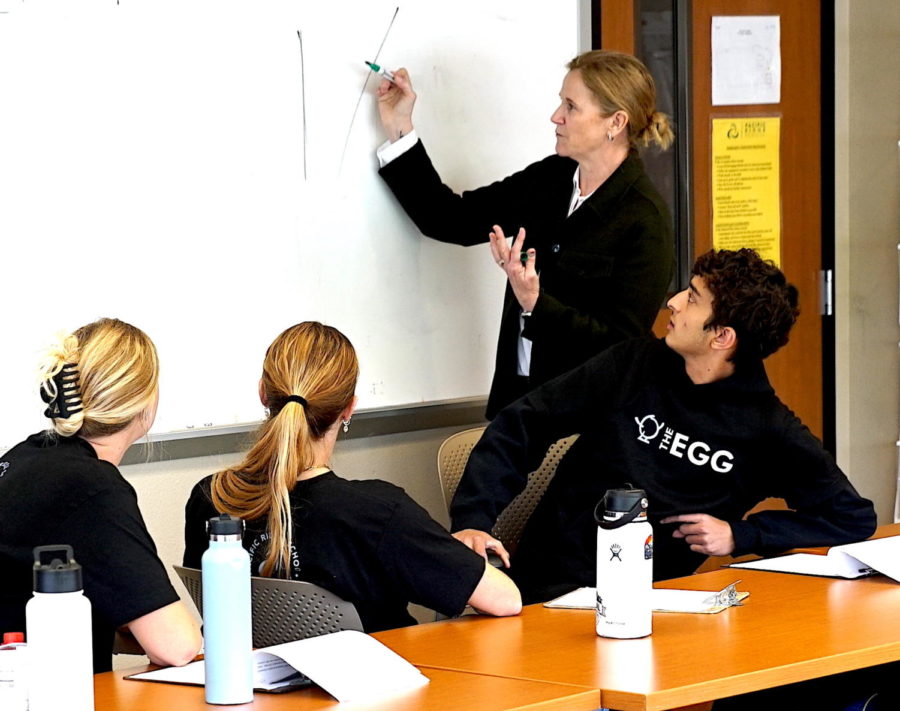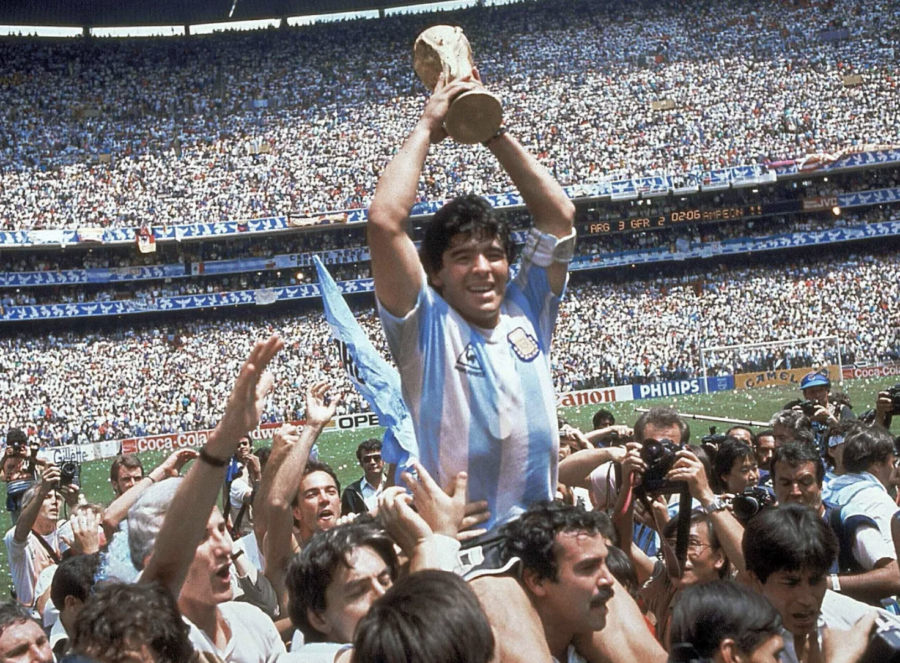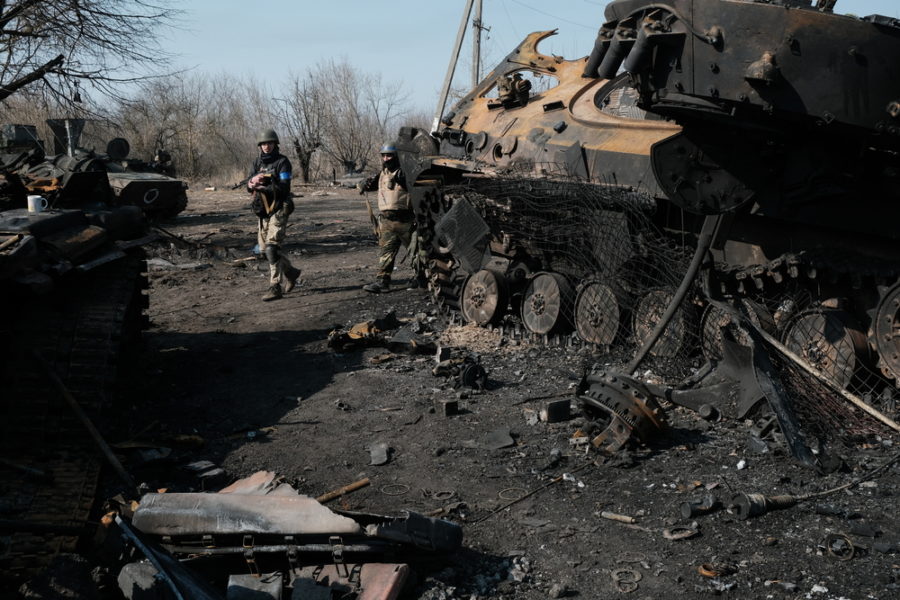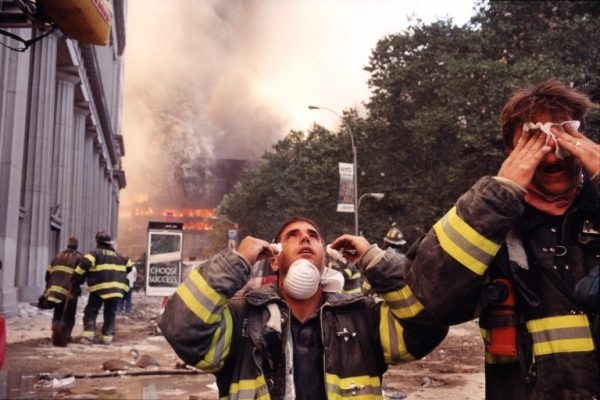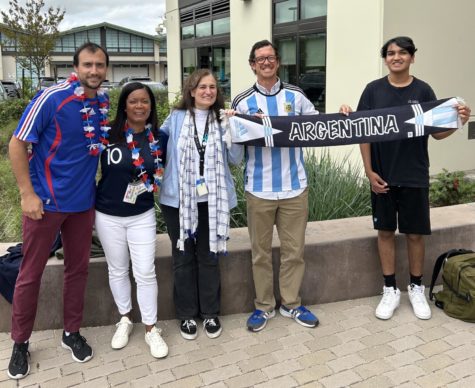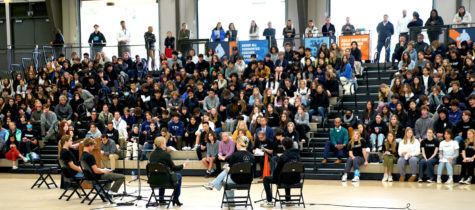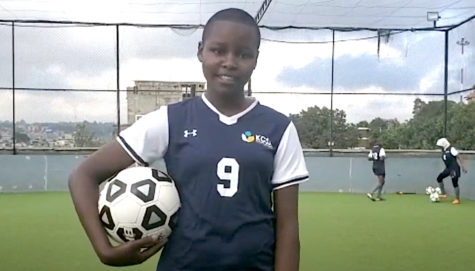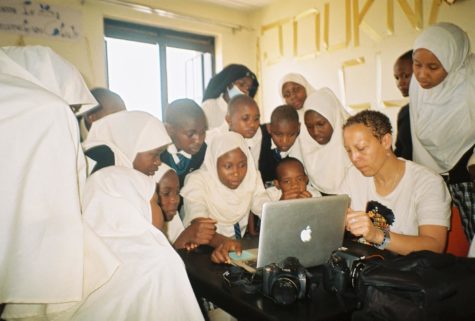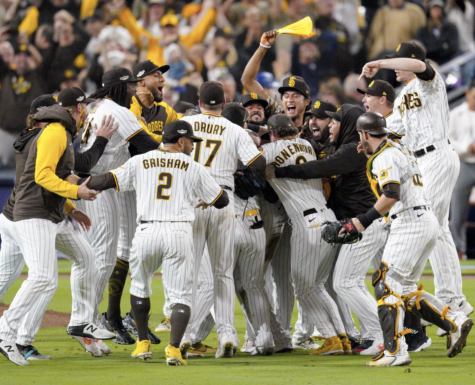War in Ukraine: PRS Students React
PRS Middle School and High School students express a wide range of views on the conflict between Russia and Ukraine.
photo by Oleksandr Navrotskyi (Free Stock Photo)
Destroyed Russian military vehicle, Lukyanivka, Ukraine, 3/25/22.
The ongoing Ukraine crisis has been a part of daily life for months now and many PRS students seem eager to learn about the tensions and conflicts going on between Ukraine and Russia. Though the conflict may seem far away, many students are worried and saddened by the ongoing tragedy. Here in the US we have seen local consequences like gas prices rising sharply and the major involvement of the US government in implementing sanctions on Russian goods as well as sending billions of dollars worth of military and humanitarian supplies to Ukraine and neighboring countries. TV news, classroom discussions, social media reactions, even conversations with family and friends, it seems like the war in Ukraine is everywhere. So what do PRS students think?
In the PRS Middle School students have been discussing the conflict in Grade 7 SOCCOM classes and Grade 8 American Studies classes, and many of them were ready to talk about the situation.
“It’s really sad, especially when you hear about people fleeing to the border, and husbands are being taken away to go to war, and their wives and children might never see them again,” said Chase Rivard (‘27), adding “and then the fact that so many people have died, and even civilians too.” Hunter Wells (‘27) echoed that mood, saying, “I feel anxious because I don’t know what is going to happen and there are many things that could go wrong with the invasion.”
On the causes of the war, Brielle Burman (‘27) said, “Ukrainians wanted to be part of NATO, but then Russia was like ‘No, you can’t be a part of NATO because we wanna replace whatever we had before you even became a country.’ And then the Russians were like ‘well if you don’t follow us then we’re going to war.’” Kate Stainton (‘26) added, “I know that Russia and Ukraine were once part of the Soviet Union and after Ukraine left, Russia has been planning to attack and rejoin it, but Ukraine put up more of a fight than Russia thought.”
In the high school Jacob Barajas (‘22) commented, “Russia won’t come to an agreement because they feel like Ukraine was a historical part of their own land, but Ukraine will not give up any territory willingly. This is something that President Zelenskyy has stressed many times.” However, Jacob thinks the stalemate cannot continue indefinitely because “even though Putin is very adamant, the two sides will eventually have to form some type of written agreement. Simply put, Putin will either have to give up the fight or drag it out far past where it needs to be, which will result in more and more casualties in both countries.”
One junior agreed, “I think it will calm down with time because Russia and its allies will be suffering greatly from sanctions imposed on them and will be forced to concede.” But another high schooler was more wary of the US and other countries pressuring Russia, saying, “the Ukraine conflict can become a way bigger issue if other countries step in, and it can turn into maybe even another world war.”
Yet another high schooler expanded on that, saying, “The United States will not send troops to help, else World War 3 would happen. But Russia cannot afford the war because of its low GDP. And Ukraine’s decision to join NATO at this moment is also too naive as it usually takes years for a country to be qualified to join NATO, plus Nato is not ready to expand in Eastern Europe against Russia.” That same high schooler then added, “As an independent country, Ukraine has every right to join NATO and the EU. Russia claims that their mission was only to demilitarize Ukraine and make it a neutral country, but based on the invasion in Georgia in 2008, it is hard to believe that it is their only goal.”
Some high schoolers wanted to know more about Russia’s perspective, one saying, “From Russia’s point of view the war was inevitable because they already felt threatened under NATO’s five times expansion. From the United States’ point of view Ukraine was a piece needed to threaten Russia. On the other hand, Putin gave Ukraine an incorrect promise that he will help Ukraine to get rid of Nazis. Ukraine’s president’s ancestors and his own both suffered from the Holocaust. Regardless, I don’t think it’s Russia’s fault, but I hope both sides can resolve the issue peacefully.”
Jake Thene (‘23) expressed understanding of why the US may want to intervene for strategic reasons, but at the same time he said, “The United States doesn’t care about countries that don’t look like its citizens. They don’t exactly care about the war in Syria aside from the Russian involvement. They don’t care about any wars in Africa because they don’t feel like it really represents them, but when they see people who look like the majority of United States people they decide to intervene and that it’s strategically important to them.”
The discussion about the war in Ukraine, like the war itself, goes on with no clear end in sight anytime soon, so it seems like the Russia-Ukraine conflict will be a big part of our lives and discussions on the PRS campus for the foreseeable future.
For students who want to dive deeper into understanding the situation between Ukraine and Russia, our librarian, Valerie Cummings, has recently added new books to the shelves, including Serhy Yekelchyk’s Ukraine: What Everyone Needs to Know and Anna Politkovskaya’s Putin’s Russia: Life in a Failing Democracy.
For more of our coverage of the war in Ukraine, see “War in Ukraine: Why is it Happening?” by clicking here, and “Information War: How PRS Students Learn about Ukraine v. Russia” by clicking here.

Annita Geng is a senior at Pacific Ridge School and plans to attend Boston University next year, where she intends to major in business and minor in literature...
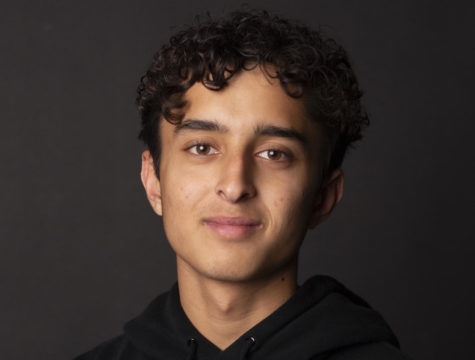
Ashay Kalthia is an enthusiastic junior at Pacific Ridge School. This year he discovered his new passion for journalism and he loves to write stories about...

Cassiella Brown, a junior, is in her first year of Journalism & Media Studies at Pacific Ridge School. She enjoys writing stories about sports, community...
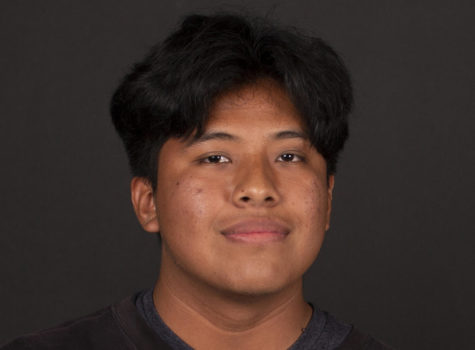
Erick Maganda Santiago is a junior at Pacific Ridge School and he is interested in photography, reading and languages. For The Egg he is a writer and photographer...
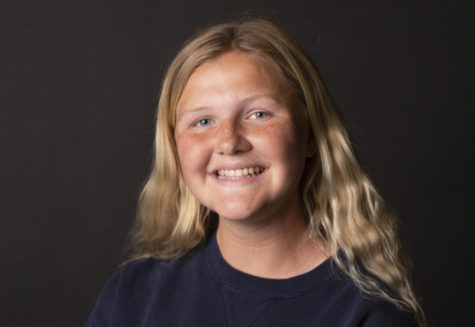
Hannah Tison is a junior at Pacific Ridge School who loves to cover events and trends impacting students on campus. Her passion for community-focused...
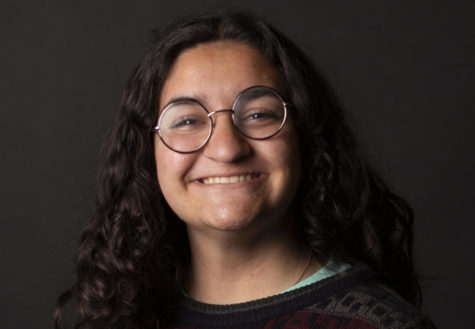
Natalie Monga is a senior at Pacific Ridge School and plans on majoring in journalism at American University, starting next year. She is passionate about...

Reese Walsh is a junior at Pacific Ridge School, where she plays on both the indoor and beach volleyball teams (along with club beach volleyball). She...
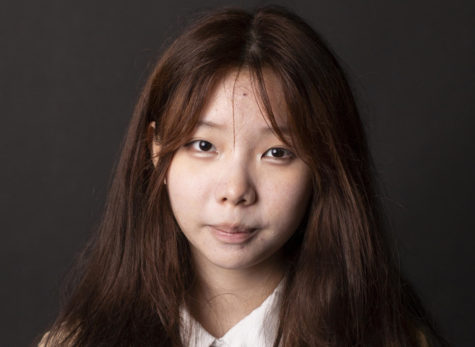
Vivian Zhang is a senior at Pacific Ridge School and a rising freshman at UC Berkeley. As an aspiring Media Studies major, she finds entertainment and...

